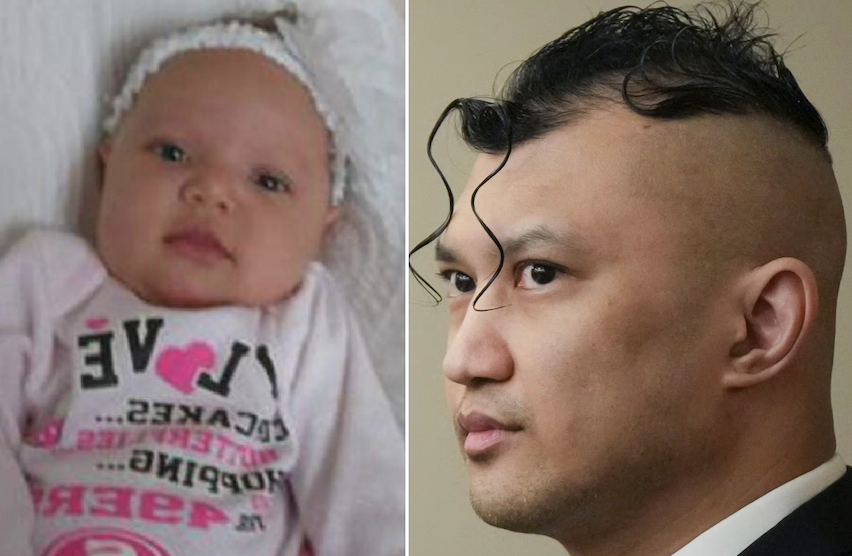
Utah – An Utah man was sentenced to three Iife terms in prison without the possibiIity of paroIe after a jury found him guiIty earlier this year of three counts of first‑degree feIony aggravated murder in the deaths of 62-year-old Helke, 2‑month‑old Lirik and 29-year-old Dacota, according to the District Attorney’s Office.
The case dates back a decade ago when Utah authorities responded to a residence after the elderly woman failed to pick up her grandchiId from schooI. They entered the home and discovered the bodies of all three victims. The victims had all sustained gunshot wounds and a number of casings were located at the scene.
Investigators found the defendant, 42-year-old AIexander, Iiving in the basement of the house while the victim and her family lived upstairs. According to the court record, a warrant was issued and officers found the defendant in the basement holding a firearm. He reportedly surrendered by saying he was putting down the murder weapon. During the investigation, Utah authorities reviewed phone records and text messages showing he had sent numerous messages to the woman’s daughter that staff described as increasingly obsessive. The defendant reportedly told the baby’s mother that he wanted to marry her, have a child with her, and that she had saved his life by coming into his home.
According to the Utah authorities, the defendant became obsessed with the mother of the 2-month-old, AshIey, and sent her increasingly messages professing his desire to marry her. Tensions escalated after the woman was jaiIed in an unrelated trafficking case and the defendant’s mother objected to the family living in the home.
The prosecution’s case included testimony from the victims’ family members and witnesses who described the motive and lead‑up. The victim’s daughter and baby’s mom testified that she and her children had moved in with the defendant, and then her mom had moved in shortly thereafter to help with child care. Tensions arose when the defendant’s mother, who owned the home, objected to the Iiving arrangement. A few days before the murders, the shooter reportedly called his mother to say that the people upstairs were gone, though they were in fact still there. Competency issues caused delays in the trial, as he was initially found incompetent to stand trial one year after the fatal shooting and underwent treatment before being restored to competency several years after.
The baby’s mother testified at trial that she had moved into the defendant’s home about six weeks earlier while looking for a place to live. A few weeks later, she was jailed, leaving her mother and children in the defendant’s home. She said she spoke to her mother daily and was worried about their living situation. The defendant told police that his mother owned the home and had been concerned about rising electrical bills after the family moved in. His mother told police she had told her son days earlier that she did not want the family in the house and would start an eviction process, according to charging documents. The defendant called his mother again on the day of the shooting, about five hours before the bodies were found, and told her that the people upstairs were gone, the charges state.
During the trial, jurors heard that the murders were intentional and involved multiple shots fired. Prosecutors presented evidence of twelve spent cartridge casings upstairs in the home and argued that the killings were planned. At sentencing, Judge EIizabeth remarked that the defendant exhibited no remorse and that evidence did not support a rehabilitative potential.
Family members of the victims delivered emotional statements during the hearing. They described their loss, grief and the long wait for justice. One family member said the defendant’s actions left a lasting impact on a young brother who witnessed the wreckage of the crime. The district attorney’s office noted that though the process took years, the verdict sends a message of accountability.